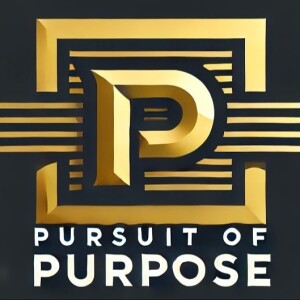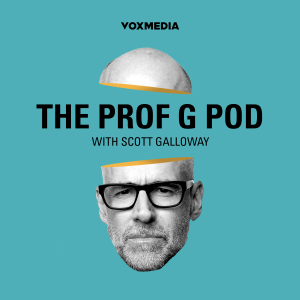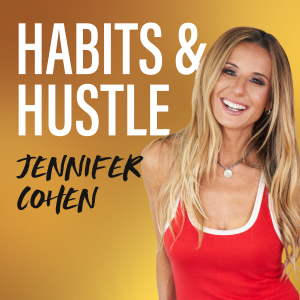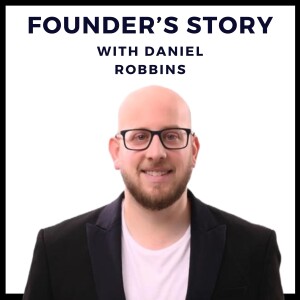

This briefing document summarizes the main themes and important ideas presented in the provided excerpts from Seth Godin's "The Icarus Deception." The book challenges the traditional interpretation of the Icarus myth, arguing that modern society's fear of failure and standing out is a greater impediment than the risk of hubris. Godin encourages readers to embrace their inherent capacity for "art" (defined broadly as meaningful work and connection), to overcome the "lizard brain's" resistance, and to fly higher by taking risks and making a difference in the connected economy.
Main Themes and Important Ideas:
1. Reinterpreting the Icarus Myth:
- Godin argues that the traditional lesson of the Icarus myth ("Don't fly too high") has been overemphasized by industrialists to discourage people from taking risks and challenging the status quo.
- He highlights the often-forgotten part of the myth: Daedalus also warned Icarus not to fly too low, close to the sea, as the water would ruin the lift in his wings.
- The "Icarus Deception" refers to the societal pressure to settle for too little, to stay within a perceived "safety zone" that no longer offers true security in the new economy.
- "Society has altered the myth, encouraging us to forget the part about the sea, and created a culture where we constantly remind one another about the dangers of standing up, standing out, and making a ruckus."
2. The Imperative to Make "Art":
- Godin defines "art" broadly as any act of making a meaningful connection, being bold, and making a difference. He believes everyone is capable of making art.
- The new "connected economy" demands art, rewarding those who create value and make an impact. "The new connected economy demands it and will reward you for nothing else. Because you can. Art is what it is to be human."
- He argues that we don't need to be taught to make art, but often need "permission" to do so, as following instructions and seeking the "right answer" are remnants of the industrial age.
3. Overcoming the "Lizard Brain" and Resistance:
- Godin introduces the concept of the "lizard brain," the primitive part of our brain that seeks safety, security, and avoids risk and failure.
- This "lizard brain" manifests as "resistance," the internal force that prevents us from starting and shipping our art. "The resistance pushes you to refuse to believe in its existence."
- He emphasizes that the search for the "right answer" is the enemy of art, as art requires experimentation and embracing uncertainty. "The search for the right answer is the enemy of art."
- He debunks the "talent myth," suggesting that consistent effort and "grit" are more crucial than innate ability.
4. Embracing Vulnerability and Failure:
- Godin stresses the importance of vulnerability in creating meaningful art and connection. "Sorry? Yes, the sorry of vulnerability and unpredictability and repeated failure. Combined with the joy of connection, breakthroughs, and humanity."
- He encourages readers to "fly closer to the sun," which he metaphorically equates to becoming naked and vulnerable in front of their audience and seeking a connection.
- Failure is presented as a necessary part of the artistic process, a source of learning and improvement. "You need experience, the best kind of experience, the experience of repeated failure."
5. The Role of the "Impresario":
- Godin contrasts the industrial "entrepreneur" with the modern "impresario," someone who takes initiative to connect, lead, and make things happen, regardless of their job title or business plan.
- "When someone cares enough to connect and lead and initiate, it doesn’t matter where she works or what her job title is; she’s doing an art project and flying higher than the rest of us."
- He suggests that in the connected economy, everyone can and should be an impresario.
6. The Importance of "Grit":
- Godin defines "grit" as perseverance, hardiness, and commitment to long-term goals, even in the face of setbacks and lack of immediate feedback.
- He argues that grit is essential for navigating the unpredictable nature of creating art and making a difference. "Grit is our future. Our best and brightest future. Perhaps the only hope we’ve got left."
- Grit involves consciously setting difficult goals and not wavering from them, regardless of external validation.
7. Choosing Your Audience and Ignoring Nonbelievers:
- Artists need to "pick themselves" and choose their audience, focusing on connecting with those who resonate with their work.
- "First you must pick yourself, and then you choose your audience."
- Focusing on and trying to please "nonbelievers" is detrimental to the artist's soul and doesn't improve the art. "If you focus your angst and emotion on the people who don’t get it, you’ve destroyed part of your soul and haven’t done a thing to improve your art."
8. The Nature of "Good Enough" Art:
- Godin acknowledges the lizard brain's tendency to push for perfectionism as a form of procrastination.
- He encourages artists to strive for "good enough" art that ships and connects, rather than getting stuck in endless refinement. "The artist’s balance: Making good enough art."
9. The Journey and Continuous Creation:
- Art is presented as a continuous journey, not a destination. "Art is a project; it is not a place."
- The key is to start, to "leap into the void," even with small steps, and to develop habits that support consistent creation.
- He emphasizes the importance of noticing, seeing deeply, and learning from repeated iterations of making art. "We see, we make, and then we repeat."
10. Rejecting Jante's Law and Embracing the "Special":
- Godin introduces "Jante's Law," a set of Scandinavian social norms that discourage individuals from thinking they are special or better than others.
- He urges readers to reject this limiting mindset and to embrace their inherent capacity to do something unique and make a difference. "Of course you’re special. You’re capable of doing something no one has ever done before, able to see something no one has ever seen before. How could you not be?"
Quotes:
- "You are capable of making art."
- "Following instructions is overrated."
- "Don’t worry about your stuff. Worry about making meaning instead."
- "The search for the right answer is the enemy of art."
- "To be yourself in a world that is constantly trying to make you something else is the greatest accomplishment."
- "Your job isn’t to do your job. Your job is to decide what to do next."
- "All artists are impresarios."
- "When your art fails, make better art."
- "The question isn’t whether you are capable of godlike work. (You are.) The question is: Are you willing?"
- "The resistance is evolution’s way to keep us from making art."
- "Art is the act of doing work that matters while dancing with the voice in your head that screams for you to stop."
- "Complaining is stupid. Either act or forget."
- "Live for the symphony captured one heartbeat, one moment at a time. Go. Do. Listen. Learn. Love. Give. Keep going."
Conclusion:
The excerpts from "The Icarus Deception" present a powerful call to action, urging readers to break free from the constraints of a fear-based, industrial-age mentality. Godin advocates for embracing our innate creativity, taking meaningful risks, and persistently creating "art" that connects with others and makes a difference in the world. The book challenges us to reinterpret our limitations and to dare to fly higher, recognizing that the true danger lies not in potential failure, but in settling for a life lived below our capacity.
RYT Podcast is a passion product of Tyler Smith, an EOS Implementer (more at IssueSolving.com). All Podcasts are derivative works created by AI from publicly available sources. Copyright 2025 All Rights Reserved.More Episodes
All Episodes>>Create Your Podcast In Minutes
- Full-featured podcast site
- Unlimited storage and bandwidth
- Comprehensive podcast stats
- Distribute to Apple Podcasts, Spotify, and more
- Make money with your podcast











